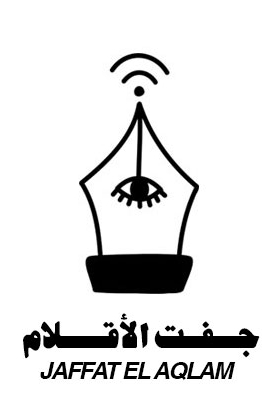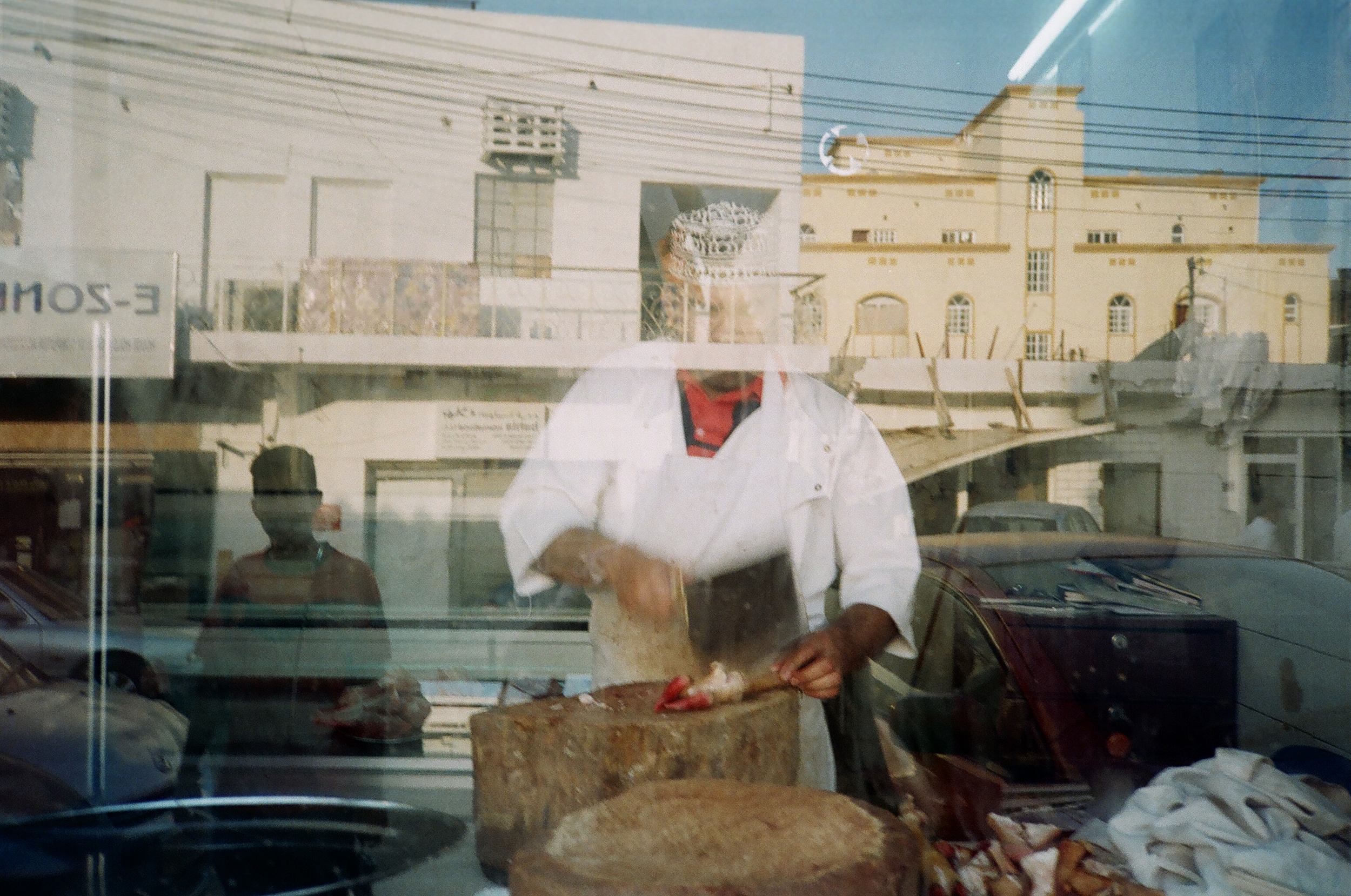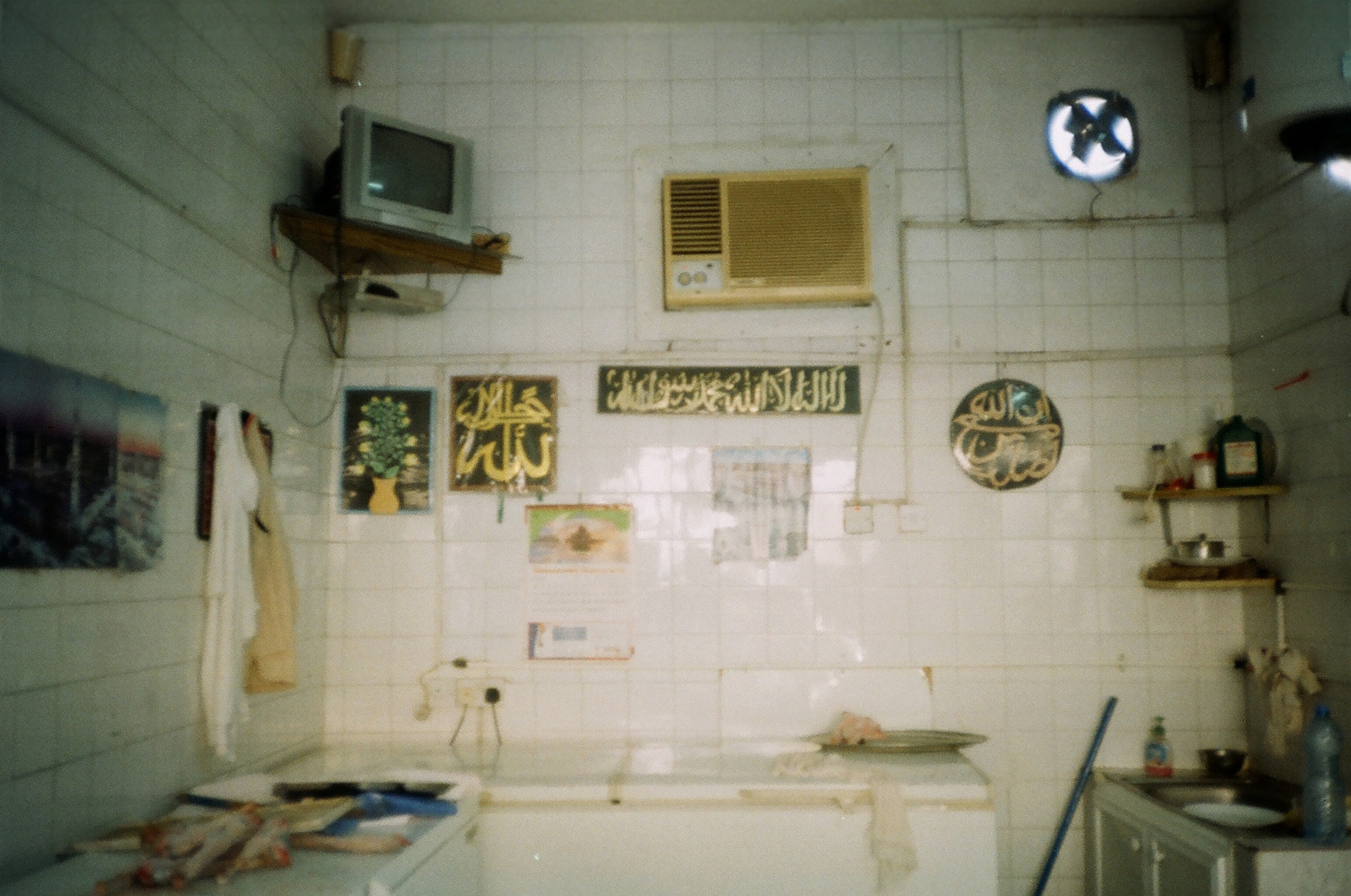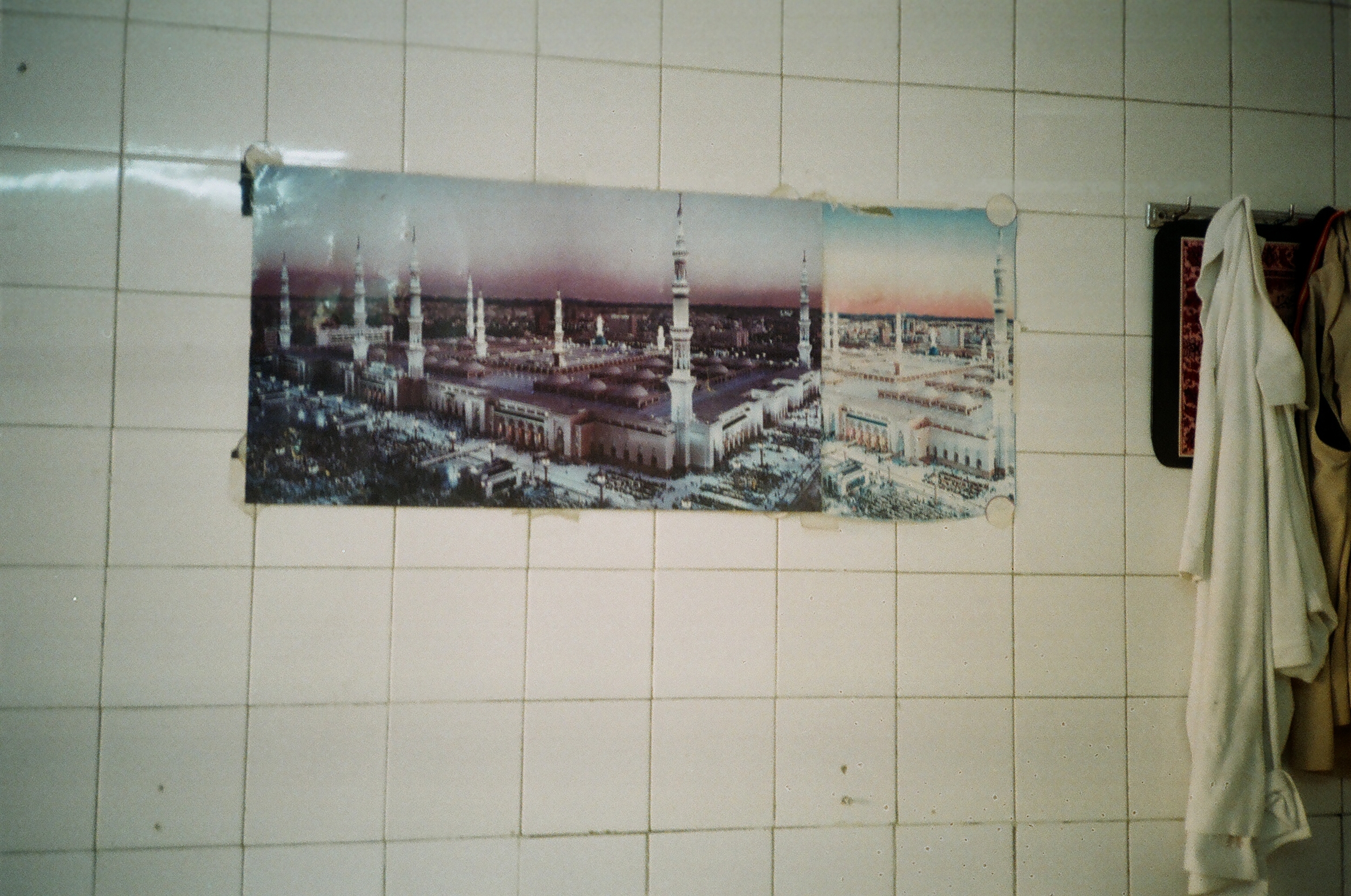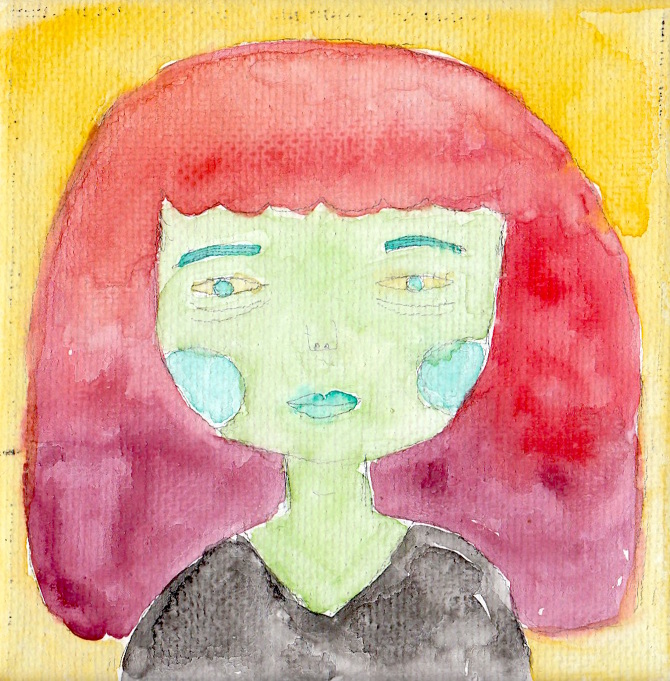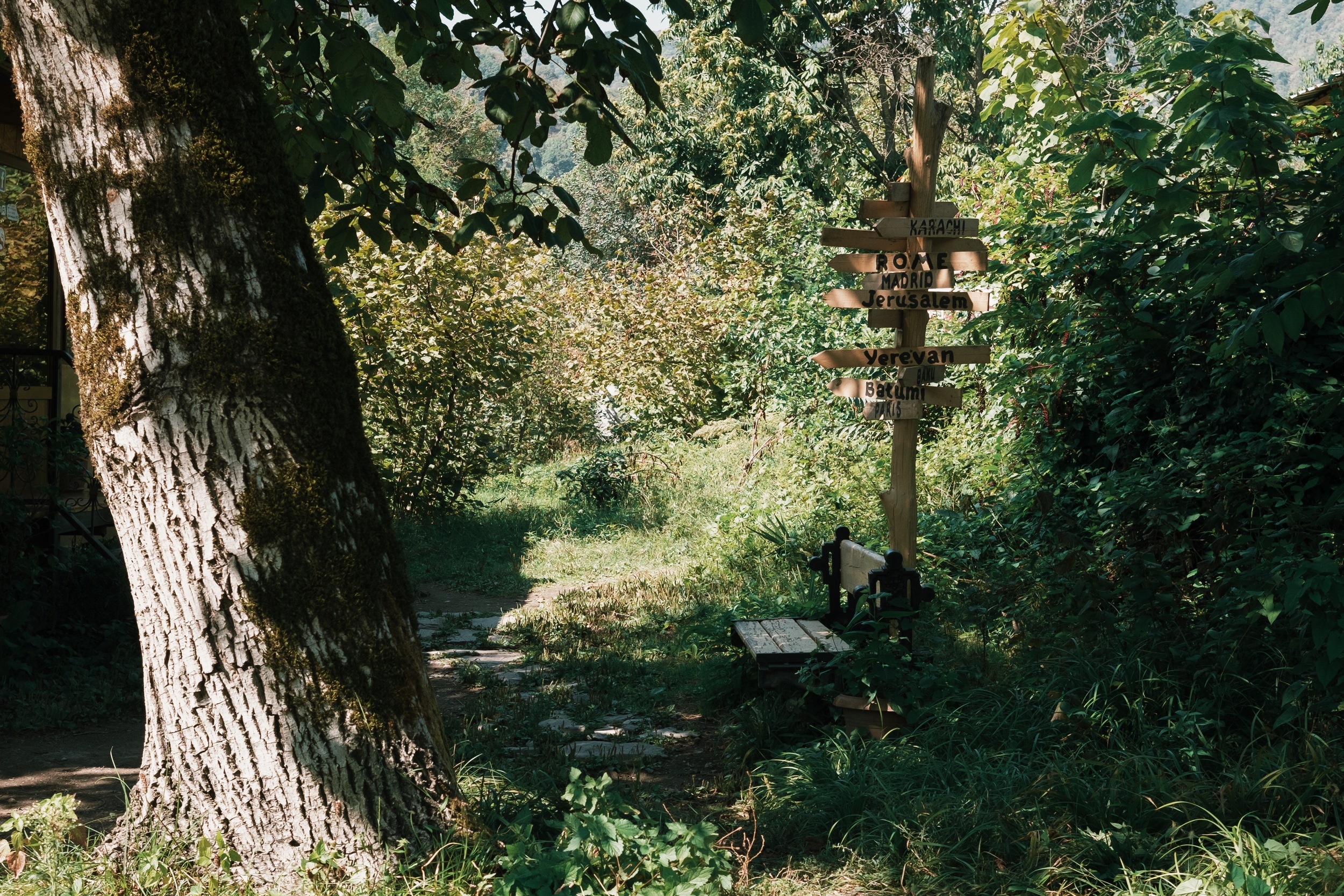PART 1 / WHAT IS A BEDROOM
A bedroom is a room with enough space for a bed, a closet, a table, and a chair; or any equivalent pieces of furniture respective of the occupant’s culture and lifestyle. These pieces must be comfortably distanced so as to not impede the occupant’s in-room circulation. A bedroom has an operable window with natural lighting and ventilation. Any room not satisfying these basic requirements is not a bedroom, regardless of whether it’s being used as a bedroom or not.
PART 2 / WHAT IS A BATHROOM
A bathroom is a room with enough space for a toilet, a sink, and bathing space; or any equivalent bathroom fixtures respective of the user’s culture and lifestyle. These fixtures must be comfortably distanced so as to not impede the occupant’s in-room circulation. Any room not satisfying these basic requirements is not a bathroom, regardless of whether it’s being used as a bathroom or not.
PART 3 / AN ARCHITECTURAL RIGHT
Every human being has the right to a bedroom and a bathroom. They can be shared or personal, owned or rented, and they can be creatively adjusted to fit an infinite of possible contexts, but they must be provided without compromising any of their basic components.
PART 4 / AN ARCHITECTURAL CRIME
To purposefully deprive a human being of their right to a bedroom and a bathroom, when there is ample opportunity to provide this right is a crime. Apathy, laziness, cost cutting, profit maximization, or ignorance of the importance of providing the aforementioned architectural right is not an excuse for committing this architectural crime. Any architect who helps his client commit this crime has equally committed the crime, and is a traitor to the profession.
PART 5 / A LETTER TO A CRIMINAL ARCHITECT
Dear Architect,
Even though we have never met, and I don’t know your name or how you look like… I still hate you.
This is because I don’t need to meet you to know who you are. This room that I live in, a room in a building that you designed, tells me all I need to know about who you are.
Let me tell you what I think about this room that you have designed for me… I hate it.
It’s too small, and too dark. The air is still and stale. There’s no window. I can’t tell day from night.
There’s not even space to permanently fit my tiny bed. I have to fold it in the morning to make space for the ironing board. My closet is too shallow to fit anything other than tightly folded clothes.
And that’s it. There is no space for anything else.
Is this all you think I need? What if I wanted to read a book? Or write in my notebook? What if I bought something slightly bigger than what your tiny closet can hold, where do you propose I put it? What if I wanted to stretch both my arms at the same time without hitting the walls? Is that too much?
A bed is for lying down, but what if I didn’t want to lie down? What if I wanted to sit in my room? There’s no chair, nor any space to place a chair. The room is even too small for an imaginary chair. I can stand in my room. I can lie down in my room. But I can’t sit. Do you have something against me sitting? Why can’t I sit?
Actually there is one place I can sit, the toilet seat in my bathroom. But I try to avoid that as much as possible. My bathroom is smaller, darker and damper than my room.
I hate my bathroom too.
But I don’t only hate you because you have decided to give me a bedroom and a bathroom that I hate. I hate you more because the rest of the apartment is actually quite beautiful.
This tells me that you are not an incompetent architect, but a lazy and cruel architect. You gave me this room even though you could have done better. You just decided not to.
The bedroom next to mine is currently empty. It has a big window overlooking the sea. It has its own bathroom too. The flooring is lovely dark wood, and the walls are covered with soft vegetal patterns. It’s being kept empty because they’re expecting the baby to arrive anytime now. I love that room.
As I said, even though we have never met, I know you.
I know that you don’t care about me.
I know that you think I’m not important enough for you to put some effort into designing something nice for me.
You have built my current misery from blocks and concrete.
And because of that dear architect, and even though I have never met you… I hate you,
PART 6 / A CONVERSATION BETWEEN A CLIENT AND A CRIMINAL ARCHITECT
Client: “The kitchen seems a bit small, can you make it a little bit bigger.”
Architect: “I made the kitchen as large as possible given the available space; the only way to make it bigger is to take some space from one of the rooms around it. And that is not advisable.”
Client: “What if you took a meter from the maid’s room?”
Architect: “That might work; I’ll give it a try.”
PART 7 / A CONVERSATION BETWEEN A CLIENT AND A GOOD ARCHITECT
Client: “The kitchen seems a bit small, can you make it a little bit bigger.”
Architect: “I made the kitchen as large as possible given the available space; the only way to make it bigger is to take some space from one of the rooms around it. And that is not advisable.”
Client: “What if you took a meter from the maid’s room?”
Architect: “That won’t work, the maid’s bedroom would become too small.”
Client: “I don’t mind her bedroom becoming a bit smaller, I think it’s currently too big anyway.”
Architect: “The extra meter that will be added to the kitchen won’t have a large effect on the room, since it’s already a spacious room; while removing this meter from the maid’s bedroom will substantially decrease its livability. I say we keep things as they are, or maybe I can take the extra meter from the living room.”
Client: “Are you serious?! You want to make the living room smaller? Tenants choose which apartment to rent sometimes solely based on the size of the living room, and definitely not on the size of the maid’s room.”
Architect: “Regardless of whether that’s true or not, making the maid’s bedroom smaller than what it currently is would make it uncomfortable for human occupation, therefore architecturally unacceptable.”
Client: “I don’t care, make it smaller.”
Architect: “I can’t do that.”
Client: “This is not a request, it’s an order. Do it or I’ll find someone who will!”
Architect: “I still can’t do it.”
Client: “You’re fired!”
PART 8 / END
The ending of any text is the final surrender of the writer, an acceptance that his words will now be in the hands of others, and that he has no more control over their future. This is the ending of this text, and my final surrender. I am full of hope and full of doubt.
